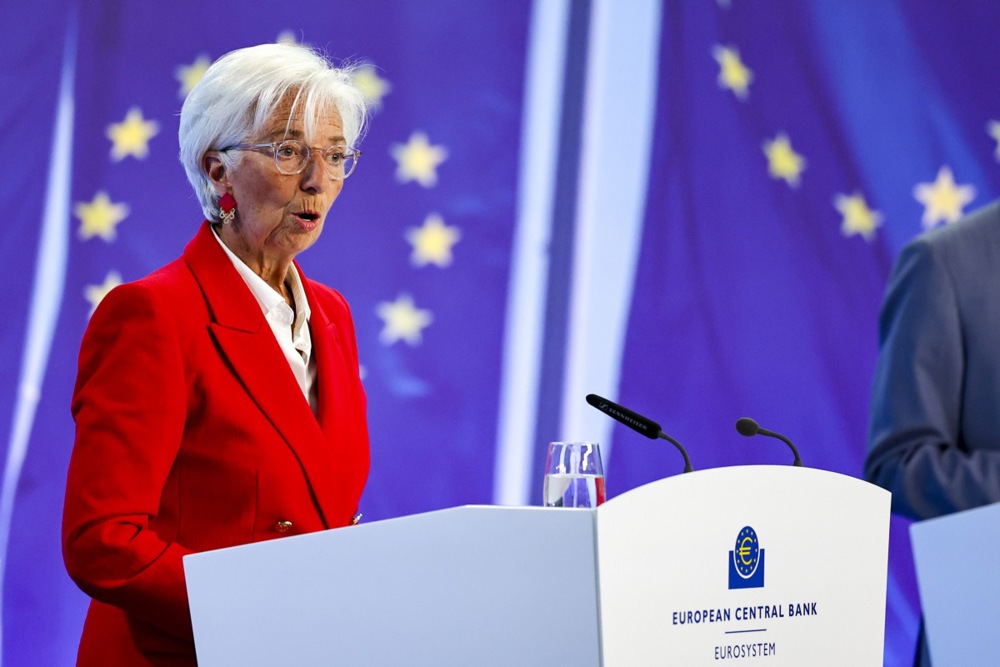Labour rights have been coming under strain across the European Union, according to warnings issued by several groups including EU bodies citing what they said was an apparent weakening of legal protections and regulatory safeguards.
On June 10, the EU’s Fundamental Rights Agency (FRA) and the European Trade Union Confederation (ETUC) both flagged risks to basic protections for workers.
On June 11, the European Central Bank (ECB) warned of weakening labour market conditions linked to trade tensions and slower growth.
“The [European] Commission must put the brakes on the Omnibus, which is allowing big business to take the wheel and drive us towards deregulation that will weaken workers’ rights,” said ETUC General Secretary Esther Lynch.
While the FRA highlighted structural weaknesses in labour protections, the ECB pointed to external economic pressures — such as trade tensions and slower growth — that could further expose those gaps.
The ECB, which set eurozone interest rates, said job creation was slowing and warned that growing trade restrictions and uncertainty could impact employment across the bloc.
The FRA, an EU agency that monitored human rights across member states, said in its 2025 Fundamental Rights Report that recent reforms in several countries had “weakened workers’ protection and undermined labour inspectorates” — the national bodies responsible for enforcing labour laws.
The ETUC, which represented national trade unions across Europe, sounded its own alarm in reaction to both reports.
It criticised the EC’s current legislative clean-up package — nicknamed the Omnibus — which aimed to simplify and reduce regulatory burdens by revising or repealing parts of hundreds of existing EU laws.
According to the ETUC, this process was being used to quietly weaken new labour and corporate accountability laws before they were fully in force.
These included the Corporate Sustainability Due Diligence Directive and Corporate Sustainability Reporting Directive. Those are EU rules designed to hold large companies legally responsible for human rights or environmental abuses in their global operations.
The organisation said key provisions were being revised, including civil liability, which would allow victims to sue companies in EU courts and enforcement duties for national authorities.
It warned this could make the new laws “toothless” and allow companies to avoid consequences when workers’ rights are violated in their supply chains.
The FRA also pointed to concerns over limited access to justice for low-paid and vulnerable workers, stating that many still “face barriers in accessing effective remedies”.
The ECB, while focused on economic outlook, said: “Labour markets are cooling,” and that unemployment was likely to rise slightly by 2026.
It said strong wage growth was still helping incomes but warned that future job creation may be “more subdued”.
The ETUC said the changes under the Omnibus were being made “without public debate” and could set a precedent for weakening other social and environmental protections. It called for EU institutions to “stop deregulation disguised as simplification”.
The FRA concluded that ongoing developments in labour law, digitalisation, and economic policy required “close monitoring” to ensure fundamental rights were upheld.





